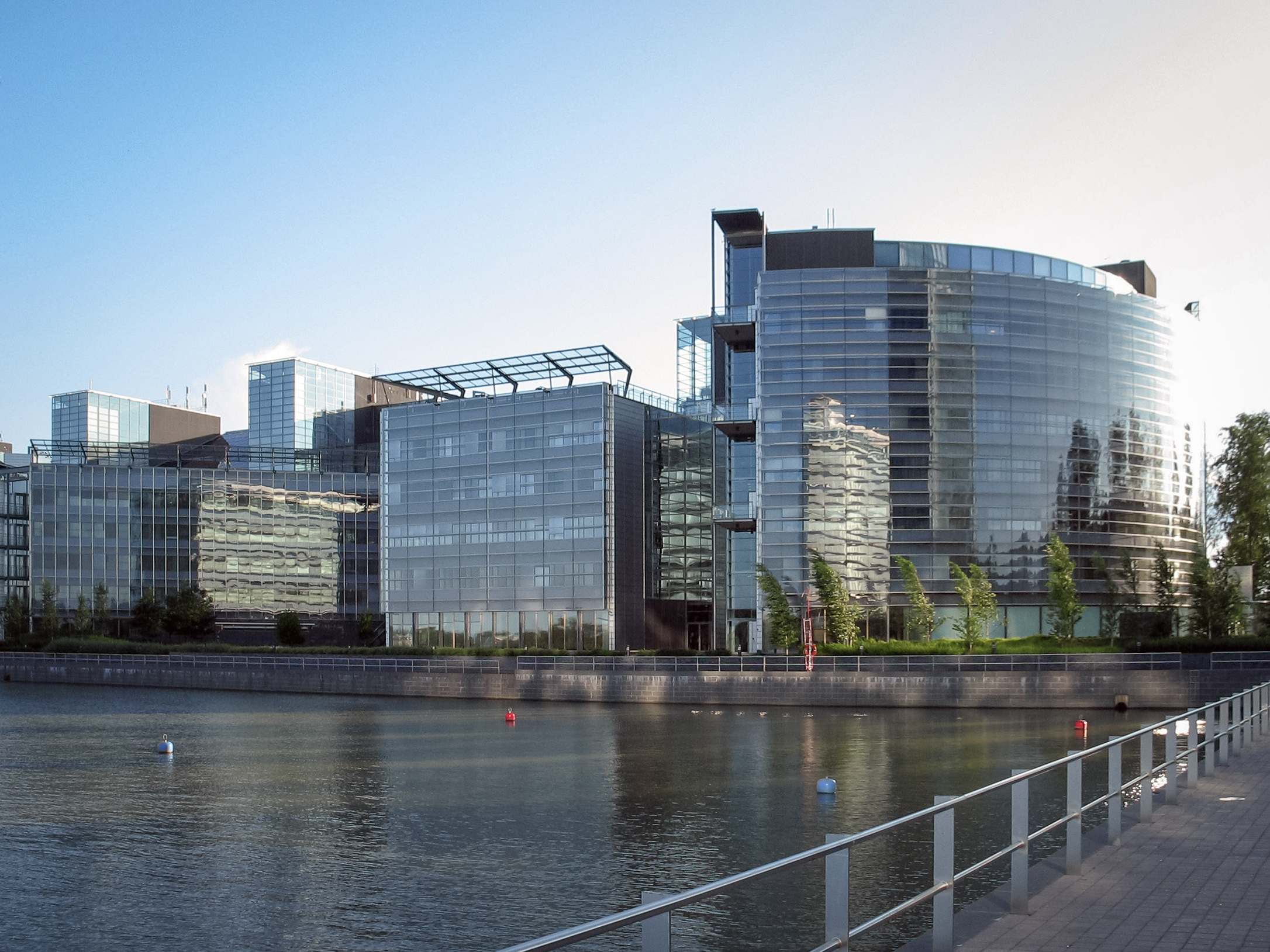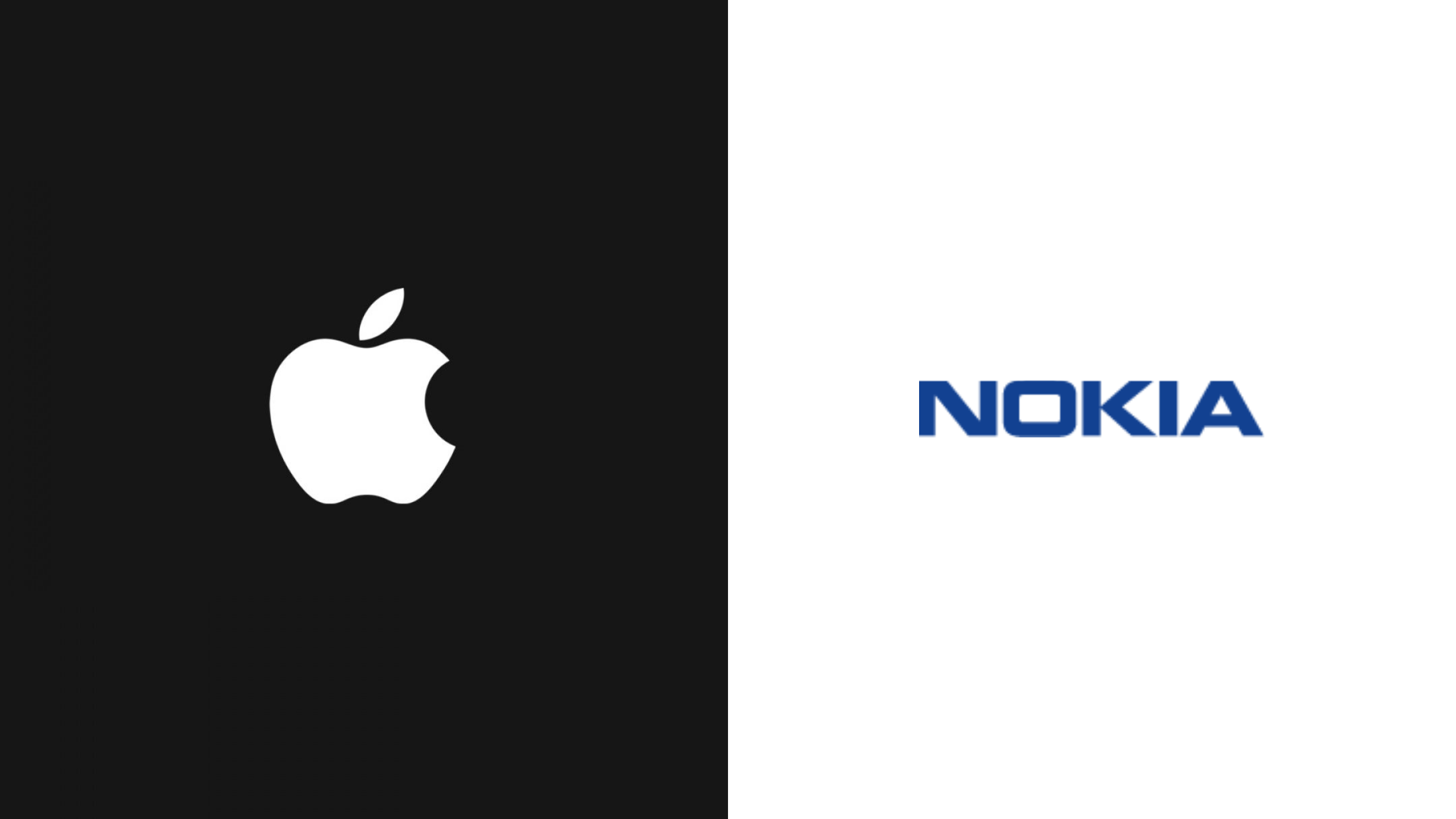Apple, co-founded by Steve Jobs, Steve Wozniak, and Ronald Wayne, is the globe’s second most valuable firm, the big tech giant is replicating the missteps like Nokia a Finnish telecom, and IT Corp. Decreasing sales, disputes, and a deficiency of innovation might lead to their demise.
Apple gained success in the late 1970s and early 1980s but faltered after Jobs and Wozniak left, they did come back but later Jobs revolutionized the course of PCs through two periods at Apple and then founded a revolution to the mobile market with his love for uncomplicated design and marketing genius. He oversaw the introduction of the iPod, and then the game-changing iPhone, which put the internet in people’s pockets.
However, Apple lost a great leader when Jobs died in 2011 from a rare form of pancreatic cancer. Jobs died just one day after Tim Cook revealed the latest iPhone at a grand event that had become Jobs’ signature. Despite the loss of the man who served as Apple’s primary product designer, marketing genius, and unrivaled salesman, the company still confronts issues. Android smartphones were gaining traction, and there were questions about what Apple’s next big thing would be.

Nokia’s demise and Apple’s emergence as a smartphone behemoth are inextricably linked. Apple, which has nearly always shattered Wall Street projections during the global recession, is beginning to lose its image of invincibility.
Apple’s earnings decreased $6 billion in the fiscal fourth quarter as a result of continued worldwide supply chain problems. In less than a year, the business has missed Wall Street targets twice. Tim Cook, the corporation’s CEO, may now have to worry more about the economy, and the whims of finicky customers. The breakthrough smartphone that gives the Apple brand a particular sheen is a very cyclical product. Every time a new version is released, buyers flock in droves, camping out overnight at stores and crumpling supplies. Every year, as over 100 million clients decide when to upgrade to a new model, whether to buy now or wait for a better but similar-priced phone, the device’s vogue has elevated conjecture around it.
According to a recent statement, Apple is doubtful to reach manufacturing purposes for its new iPhone before the holidays due to a global electrical chip deficit.
Apple is being sued for the tight control of its “environment,” which includes everything from iPhone hardware to the apps that can be downloaded. In the face of a saturated market more than a decade ago, it became reliant on client upgrades.
In the US, Apple has launched a ‘Self Service Repair’ program, which sells equipment and components to consumers who want to repair damaged iPhone 12 or 13 models. It will begin by concentrating on sections that are more vulnerable to harm, like screens, batteries, and cameras.



